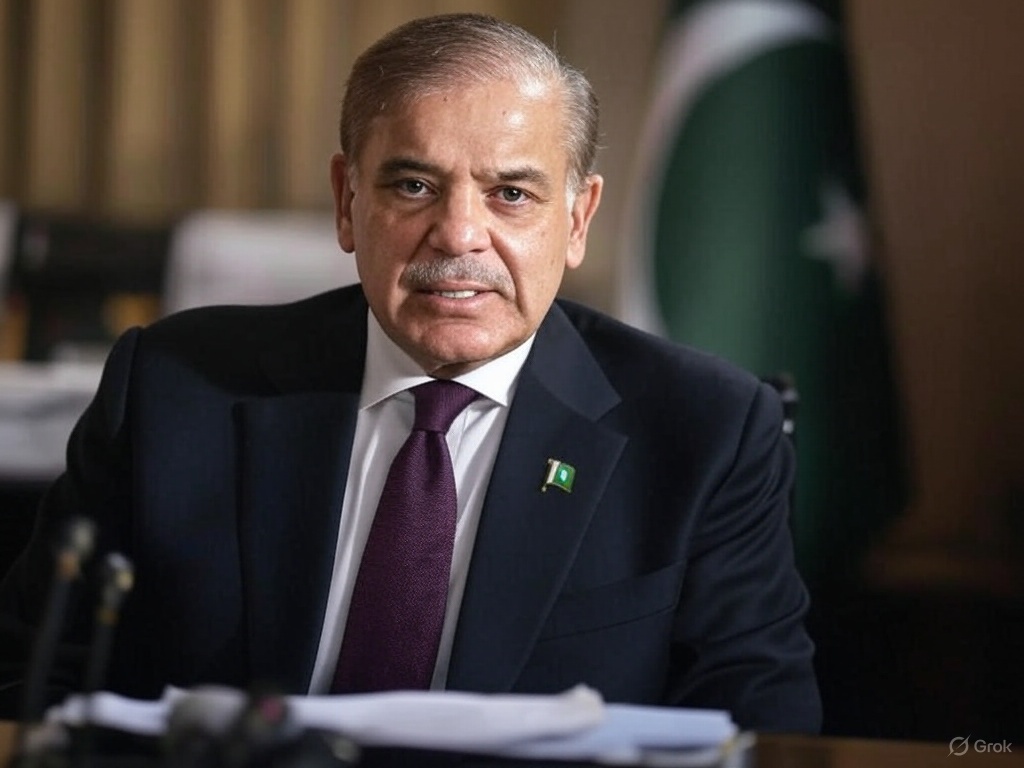Pahalgam Terror Attack Fallout: India Revokes Visas for Pakistani Nationals, Pakistan Offers ‘Neutral Investigation’
Subtitle: Protests erupt in London, diplomatic tensions escalate after the killing of 26 tourists in Jammu and Kashmir.
New Delhi / London, April 26, 2025 —
In the wake of the deadly terrorist attack in Pahalgam, Jammu and Kashmir, diplomatic relations between India and Pakistan have further deteriorated, with strong actions and emotional responses reverberating globally.
In a surprising move on Friday, Pakistan Prime Minister Shehbaz Sharif publicly offered to support a “neutral investigation” into the Pahalgam attack. Sharif claimed that Pakistan was willing to cooperate with any impartial international body to determine the culprits behind the assault that left 26 Indian tourists dead and dozens injured.
Despite this offer, anger against Pakistan continues to surge, both within India and among the Indian diaspora.
London Protest: Indian Diaspora Demands Justice
Members of the Indian community in London staged a large protest outside the Pakistan High Commission, condemning Islamabad for allegedly providing safe haven to terror outfits responsible for attacks like Pahalgam.
- Protesters waved Indian flags and carried placards reading “Stop Terrorism” and “Justice for Pahalgam Victims.”
- Chants of “Pakistan down down!” and “Terrorism has no religion!” echoed across the embassy gates.
- The demonstration remained peaceful but powerful, drawing hundreds of participants across communities and age groups.
Event organizer Priya Malhotra said,
“We want the world to see the human cost of terrorism that is often brushed aside in diplomatic niceties. Enough is enough.”
India Revokes Visas for Pakistani Nationals
In a major policy escalation, the Ministry of Home Affairs (MHA) announced the immediate revocation of all categories of visas issued to Pakistani nationals, effective April 27, 2025.
Key points from the MHA statement:
- Only long-term, diplomatic, and official visas are exempted.
- Medical visas for Pakistani nationals will remain valid only until April 29, 2025.
- Union Home Secretary Govind Mohan held a video conference with chief secretaries of all Indian states to ensure strict implementation.
The MHA clarified that the decision was taken “in light of grave security concerns arising from recent incidents” and reflects India’s resolve to “enhance border vigilance and internal security.”
This move marks one of the sharpest official reactions by New Delhi towards Pakistan since the Balakot airstrikes in 2019.
Rising Diplomatic Tensions: What’s Next?
While Pakistan’s offer of a “neutral investigation” is seen as an attempt to control diplomatic damage, Indian security agencies maintain that actionable evidence already points towards Pakistan-based terror groups.
A senior Indian security official, speaking on condition of anonymity, stated:
“Neutral investigation sounds good on paper, but the ground realities show clear patterns — terror camps operating across the border with impunity.”
Meanwhile, external affairs experts warn that the situation could lead to increased border tensions and further curbs on bilateral engagements, already at an all-time low.
Conclusion: A Tense Road Ahead
As grief turns into anger and diplomatic channels harden, the fallout of the Pahalgam terror attack seems far from over. While Pakistan seeks to offer a narrative of neutrality, India’s actions suggest a no-tolerance policy toward terror — and those perceived to be enabling it.
Whether global powers will pressure Pakistan into accountability or whether tensions will spiral into deeper isolation remains to be seen.
But for now, the message from New Delhi is crystal clear:
Terrorism will no longer be met with tolerance — but with tangible action.
#PahalgamAttack #IndiaPakistan #VisaRevocation #FightAgainstTerror #JusticeForVictims


